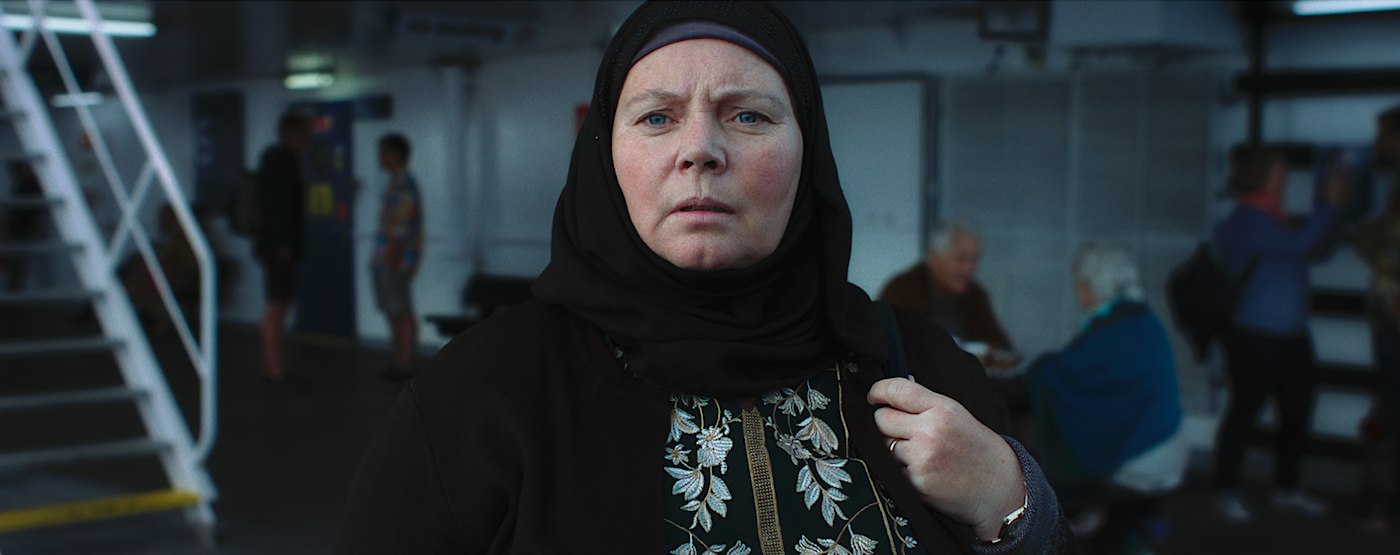
Mourning for a deceased husband per se appears to be a difficult and traumatic process. What if we add to it the discovery, shortly after the funeral, of a secret from the past, which turns out to be a long-term mistress and an illegitimate son?
This is exactly the scenario that Aleem Khan offers us in his debut. Mary, the protagonist of his intimate drama, finds herself in an "after" reality, where additional questionable attractions await her. With her husband’s phone she finds Genevieve and Solomon. Meeting first Ahmed's mistress, and later their son together, is such a shocking experience for Mary that she quite unexpectedly steps into the role of a cleaning lady suggested to her. As a matter of fact, roles are given in this movie surprisingly often, and we will get the chance to see it later.
"After Love" is full of emotions experienced by the three protagonists, but apart from the scenes filled with screams, the screen resounds mostly with silence. We accompany Mary in this silence, who only once allows herself to cry hysterically in solitude. As if in a kaleidoscope, the camera shows us successive lyrical images of mourning: the habit of preparing two cups of tea (instead of one), the cracking wall in the hotel room, the widow's fantasy of being swept by the waves. Khan’s debut is first of all a story told by the image, and if told by a language - it is always a foreign one.
Mary speaks in English, yet prays in Hebrew. Genevieve and Solomon speak in French. Thus, the clash of cultures and temperaments. There are moments when we can actually see how this unique patchwork family, united by one absent man, is created. Mary's behavior may even bring to mind Hellinger Family Constellations: the widow of Ahmed tries to step into the role of father to the teenage Solomon. In the final scenes, the language and cultural dams finally break, and this happens thanks to a mutual understanding of each other's positions in this difficult situation.
The father/husband figure remains absent throughout the whole movie. In the prologue, we do not even see his face and in just a few minutes he is gone. We never get to know Ahmed, just as the characters on screen never really got to know him. This interesting trick allows us to focus on the consequences of his attitude and look at what (and who) he left behind. Sorting out the unusual landscape after his death becomes an attempt at purification for those that he left behind and also an important question about what comes next. Even though we are left with no clear answer, the finale brings peace and serenity of the three protagonists. Mary learns to accept herself and searches anew for her own identity, beyond the one shaped for/by her husband. Genevieve finally gets the chance to let go of living in constant limbo between loneliness and imitation of a relationship. There is also a chance for her relationship with Salomon and for Salomon himself. And this multifaceted catharsis seems to be something we have all been waiting for.